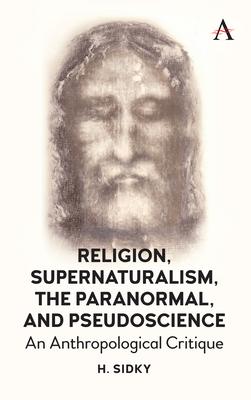At the end of the second decade of the twenty-first century people in the United States live in a scary and confusing post-truth era of disinformation, fake news, counter-knowledge, weaponized lies, conspiracy theories, magical thinking and sheer irrationalism. In this intellectual climate where many people lack the rudimentary skills to distinguish between contending claims to knowledge or differentiate between fact and opinion, there is a proliferation of purveyors of supernaturalism, pseudoscience and alternative forms of knowledge whose ideas are an affront to the intelligence and sensibilities of rational people. At the same time, here and around the world oppressive religious fundamentalism and violence are on the rise. The merchants of superstition and paranormalism almost in unison are broadcasting with bluster and hubris that science is now defunct and are offering their own truths and ways of knowing as better substitutes. Even our highest government officials are flagrantly declaring that it is impossible to distinguish between fact and opinion, that for every fact there is an alternative fact, and that truth is whatever people want it to be.
By posing a direct challenge to science and rationality, the advocates of supernatural and paranormal modes of thought have made their own central epistemological and ontological premises legitimate subjects for critical scrutiny in accordance with the tradition of systematic skepticism. "Religion, Supernaturalism, the Paranormal and Pseudoscience" provides a comprehensive rejoinder to the challenges posed to science, scientific anthropology, evolutionary theory and rationality. Moreover, scientific anthropological answers are offered for several important questions: Why do humans have the proclivity for the supernatural and the paranormal thinking? Why has humanity remained shackled to sets of ideas inherited from a violent past that have no basis in reality, bestow an illusionary solace, inspire endless cruelties and fervent hatreds, and have come at a high cost? Why have ancient superstitions been maintained as sacred, inviolate truths while other aspects of the archaic belief systems of which they were a part have long been discarded? Why have not humans outgrown religion and paranormal beliefs?
This study draws upon the author's scientific anthropological background and ethnographic field research of supernatural and paranormal beliefs and practices in several cultures over the course of the last 30 years. It also relies upon the works of numerous skeptics; critical historians; scientific anthropologists; cognitive, evolutionary, experimental and anomalistic psychologists; philosophers of science; scientists in various fields; and many theologians.

 看圖書介紹
看圖書介紹










